By Deepanjali Shrestha
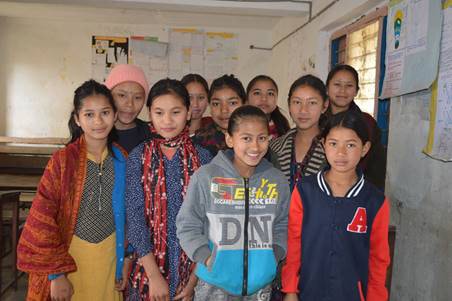
When the pandemic hit, violence against women and girls drastically went up in Nepal. In the first two months of lockdown, domestic violence cases increased by 65 percent.[1] To make matters worse, Covid restrictions made it difficult for women and girls trapped at home with their abusers to seek help, escape, or simply share their pain.
I was heartbroken by what was happening. Women and girls’ lives were being irrevocably harmed. Equally appalling was the weaknesses in our social and legal systems that the rise in violence exposed. Many victims of violence were not aware of the support that does exist and many women blamed themselves. This remains true today. Lack of awareness makes women and girls think that they did something wrong. The real possibility that they won’t be believed keeps women from reporting what happened to them. This is not just a social norm in Nepal. It’s a problematic global norm that needs to be changed and can be through violence prevention education.
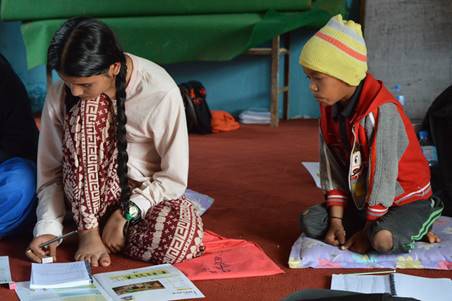
As a researcher, I’ve worked on projects aimed at empowering girls through education, including comprehensive sexuality education, which includes modules on sexual harassment and assault. While working on this program, I realized all girls in Nepal need this education, and all boys do, too. Awareness, as they say, is this first step toward prevention, and the truth of this is why it is essential that nations adopt a treaty to end violence against women and girls.
The proposed treaty would mandate interventions proven to lower rates of violence, including laws to safeguard women; services for survivors; funding; training in domestic violence and other forms of violence against women for police officers, judges and other law enforcement personnel — and prevention education for girls, boys and all of society.
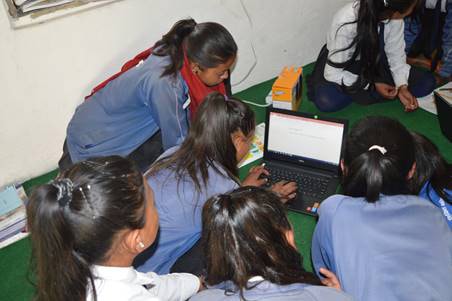
So often when we think about education that promotes equity, we think about programs for girls. But violence prevention education is essential for all genders, and all ages. It helps change social norms and works to break the vicious cycle of violence harming our communities and nations.
In one remarkable study in Nicaragua, for example, 59 percent of respondents who had watched at least two of the previous three seasons of a television program produced by a feminist group were more likely to say that a man hitting his wife is unjustifiable under any circumstance. The respondents also felt they could do something about domestic violence.[2] In Canada, after classes on responsible sexuality and conflict resolution, teen dating violence declined.[3] Role playing and drawing exercises have helped lower rates of violence against women in South African communities.[4]
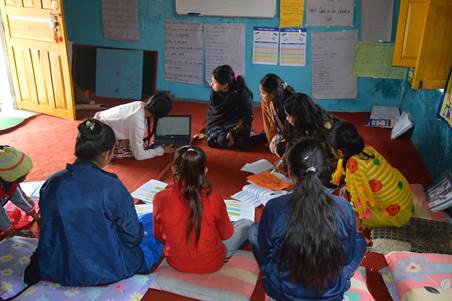
In the program I worked on, girls reported that simply being educated on such topics made them feel empowered. A study in India gives me great hope: After receiving gender training, young men were two to five times less likely to report perpetrating violence against their partners or other women or girls.[5] In a rural Kenyan village, sexual assault rates decreased by 60 percent after women and girls there were taught self-defense.[6] A new program called MyPwr trains women in self-defense and other techniques via their mobile phone. The program has 500 people teaching the technique in 70 countries, and it’s growing.
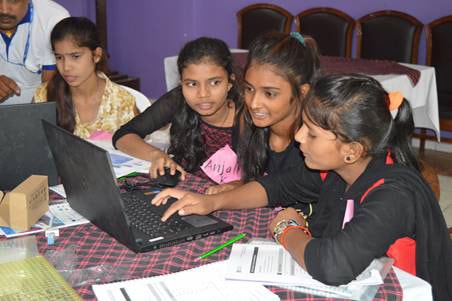
With a treaty, effective programs like these would be scaled in nations across the world, working to change global norms on violence against women and girls. They would be part of a powerful violence-prevention approach that shows that when awareness and education is paired with new laws and services, as well as funding and accountability, these strategies work in concert to drastically lower rates of violence. Only when this happens will women and girls be able to reach their full potential.
Deepanjali Shrestha, Nepal, is a Communication and Information Management Specialist at GiZ, pursuing a Ph.D. in Gender Studies; author of a study on narrowing the digital divide in Nepal; and a member of Every Woman Treaty, a coalition of 2,100 women’s rights activists in 128 nations advancing a global treaty to end violence against women and girls. Read Every Woman’s landmark report Safer Now on a global solution to the rise violence against women and girls around the world. And join our call for a treaty.
[1] “Police Urge Women to Report Cases of Domestic Violence without Fear,” The Himalayan Times, 2021
[2] https://www.thelancet.com/journals/lancet/article/PIIS0140-6736(14)61797-9/fulltext
[3] https://www.thelancet.com/journals/lancet/article/PIIS0140-6736(14)61703-7/fulltext
[4] https://www.thelancet.com/journals/lancet/article/PIIS0140-6736(14)61703-7/fulltext
[5] https://www.thelancet.com/journals/lancet/article/PIIS0140-6736(14)61703-7/fulltext
[6] https://globalwomensinstitute.gwu.edu/sites/g/files/zaxdzs1356/f/downloads/Lancet%20Article.pdf